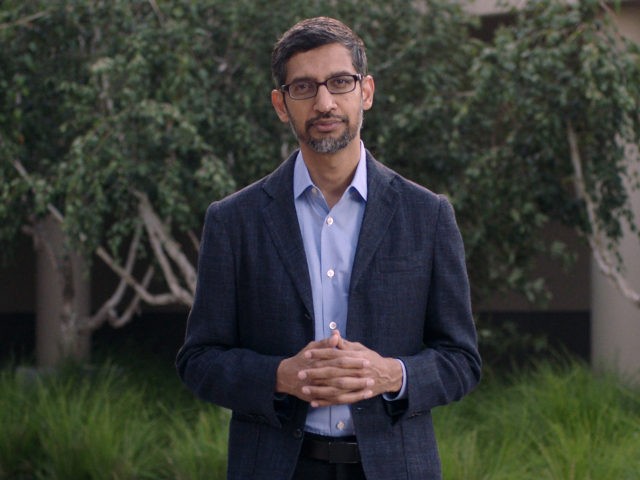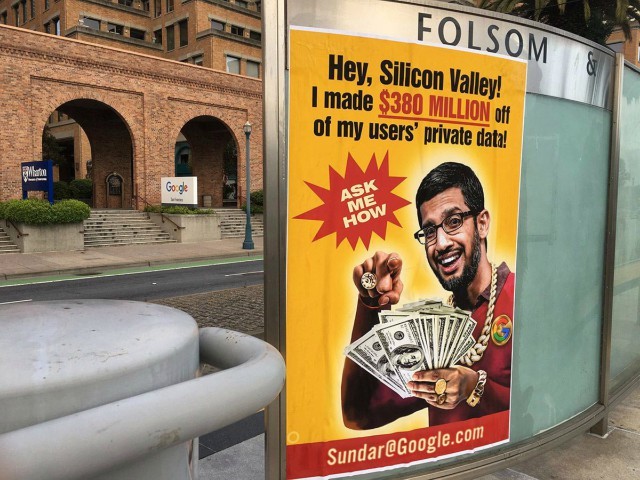Google was warned that describing its “incognito” browsing feature on Chrome browsers as “private,” suggesting it protected user’s privacy, was a problem, but that it ignored the warnings, according to a court filing.
A lawsuit against the tech giant alleges that Google was warned not to describe incognito browsing as “private,” given that it does not prevent user data being sent to third-party servers, but that it ignored this warning because it didn’t want the feature “under the spotlight.”
Google said the claim was a mischaracterization.
Via Reuters:
Google Chief Executive Sundar Pichai in 2019 was warned that describing the company’s Incognito browsing mode as “private” was problematic, yet it stayed the course because he did not want the feature “under the spotlight,” according to a new court filing.
Google spokesman José Castañeda told Reuters that the filing “mischaracterizes emails referencing unrelated second and third-hand accounts.”
….
The attorneys, citing Google documents, said Pichai “was informed in 2019 as part of a project driven by Twohill that Incognito should not be referred to as ‘private’ because that ran ‘the risk of exacerbating known misconceptions about protections Incognito mode provides.'”
The filing continued, “As part of those discussions, Pichai decided that he ‘didn’t want to put incognito under the spotlight’ and Google continued without addressing those known issues.”
Like Facebook, collecting massive amounts of user data is integral to Google’s business model. Because so much of the company’s revenue is tied to its data collection, it has an incentive to sell hardware at much cheaper prices than its competitors, and develop products that occupy prime positions for data collection, such as phone and tablet operating systems and internet browsers.
Google has often faced criticism from lawmakers for collecting data without letting users know.
” They think that the products you’re offering them are free — they’re not free. They think that they can opt-out of the tracking that you’re performing — they can’t meaningfully opt-out,” said Sen. Josh Hawley (R-MO) of Google’s users during a hearing in 2019.
Allum Bokhari is the senior technology correspondent at Breitbart News. He is the author of #DELETED: Big Tech’s Battle to Erase the Trump Movement and Steal The Election.



COMMENTS
Please let us know if you're having issues with commenting.